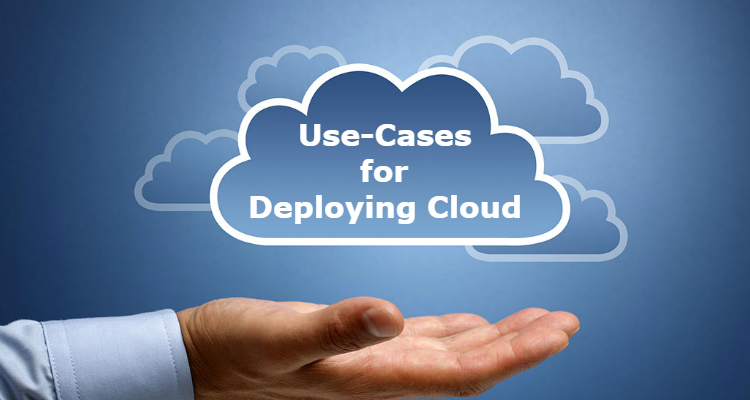With cloud computing we saw an entirely new kind of consumption model. More so, we saw powerful use-cases driving even more people to try out a cloud solution or service. With all of this in mind let’s look at a few good cloud use-cases and applications:
We have witnessed the various phases of cloud computing, starting from its initial stage to the current more advanced level. Now the adoption rate of cloud solutions is even higher and besides, we saw potentially strong use-cases driving more people to go ahead with a cloud solution. Considering all this, let's discuss some good cloud use-cases and applications.
Application and Desktop Delivery
The complications related to delivery of applications and full desktops through a cloud engine have been reducing quickly. Although we've been able to deploy applications through cloud, desktops still remain a challenge. But all-flash systems and optimized data center technologies have all enabled cost reduction on application deployment as well as Virtual Desktop Infrastructure (VDI). Leading cloud vendors are trying to match pace as well, especially Microsoft Azure.
As previously, users were able to run Windows 7 and 8.1 on Azure in virtual instances, but that was only for development or testing purpose. However, the scenario has changed and now users can deploy virtual desktops or applications and accelerate Windows 10 adoption for those clients who are using Microsoft Cloud solutions. This whole process makes Windows 10 Enterprise the first desktop operating system to be supported on a public cloud.
Backup and Disaster Recovery
After a recent study from Ponemon Institute and Emerson Network Power on cost of data center outages, the result was that the average cost of a data center outage has swiftly increased by 38% from the data collected in 2013. Basically, there are two major reasons for data center outage that are UPS system failure and cybercrimes with the potentiality to bring down the entire business. A good data center and cloud partnership could really help here. But you'll still require some sophisticated devices at the environment to ensure protection against failover.
Big Data and Business Analytics
Big data and business analytics are the modern techniques for managing the enormous amount of data. Organizations are now seeking cloud solutions that can help them analyze information without the need to make investment on hardware equipment. Users can now make use of powerful, cloud-based, big data and analytics engines specifically built to give you access to necessary data.

